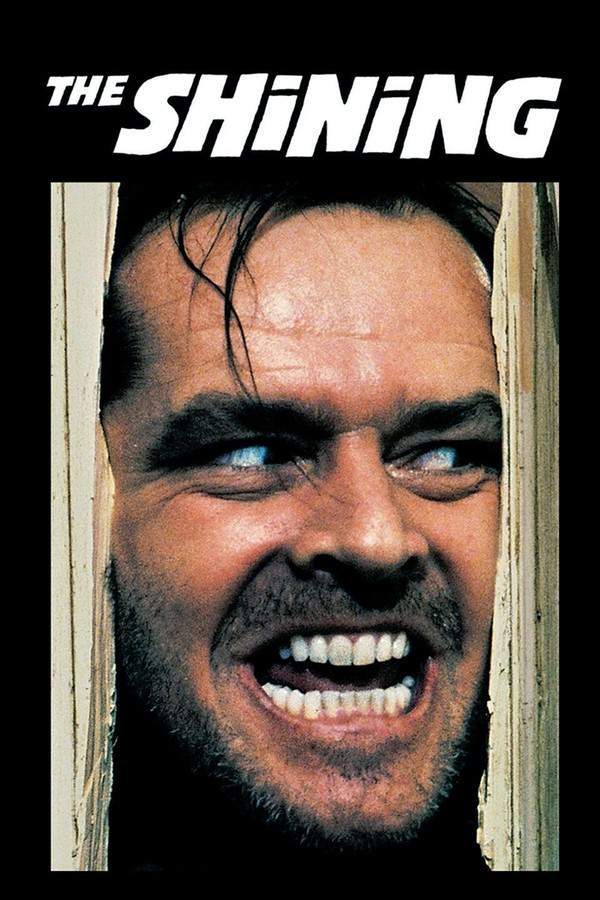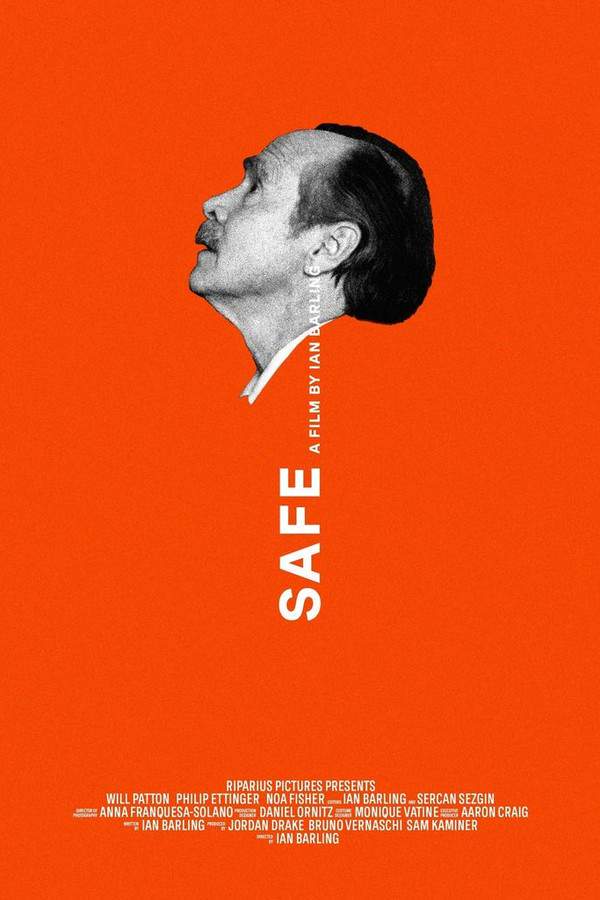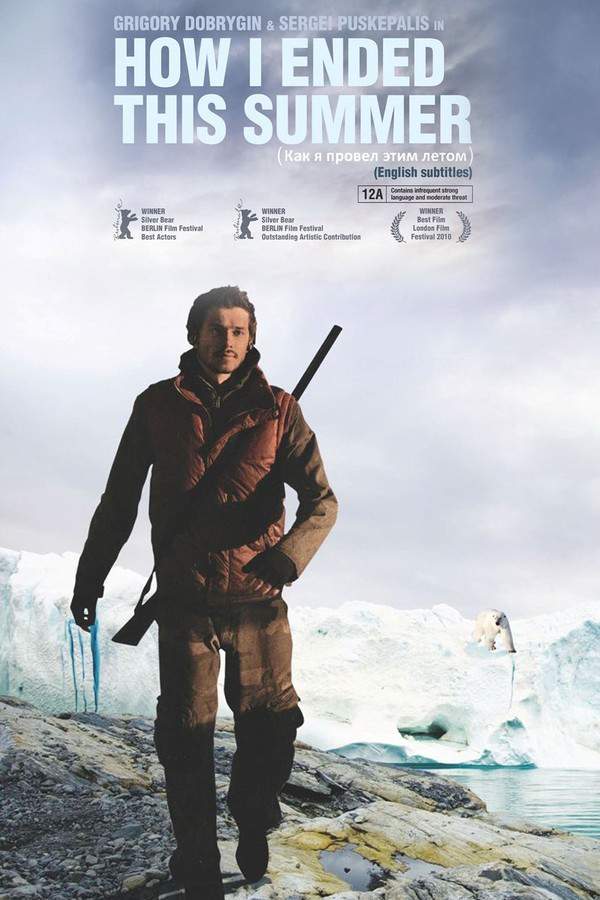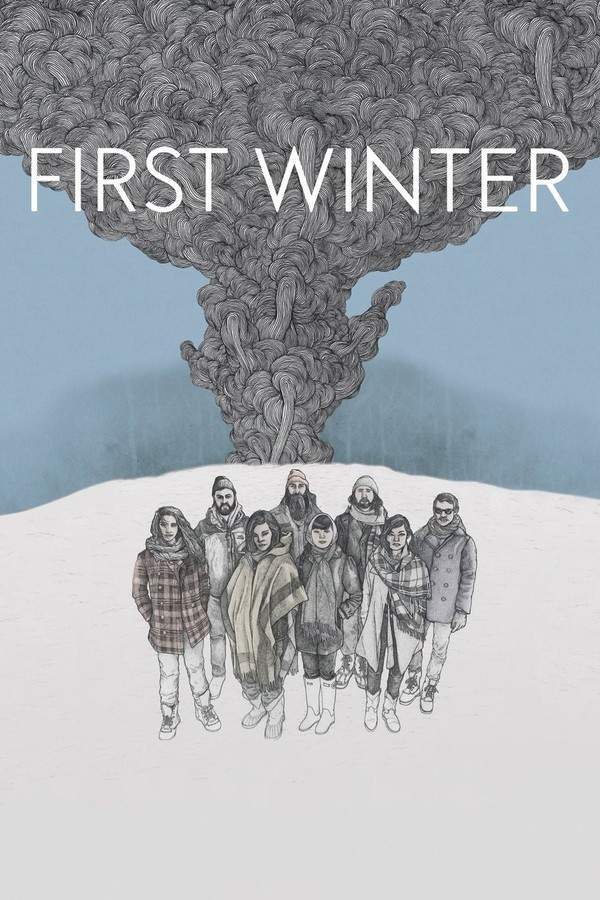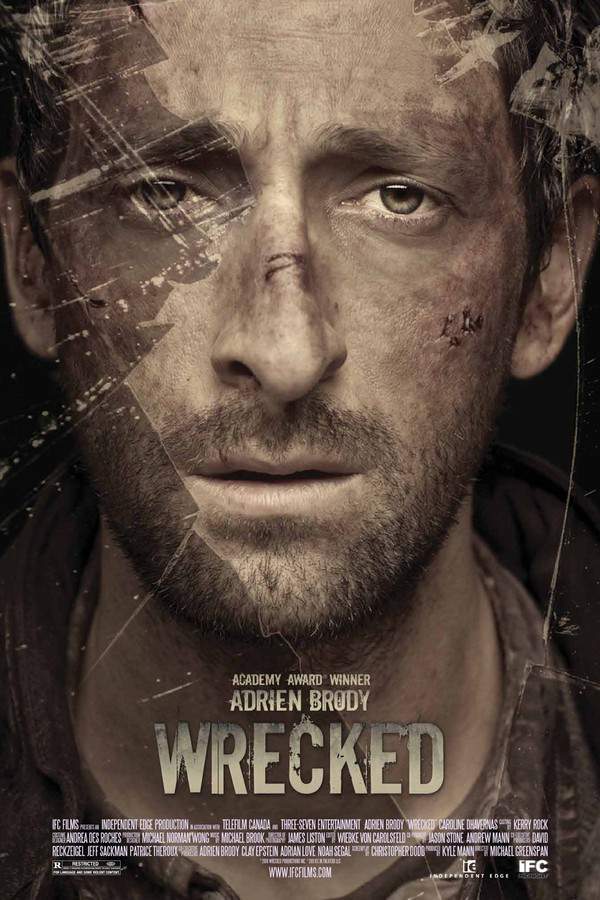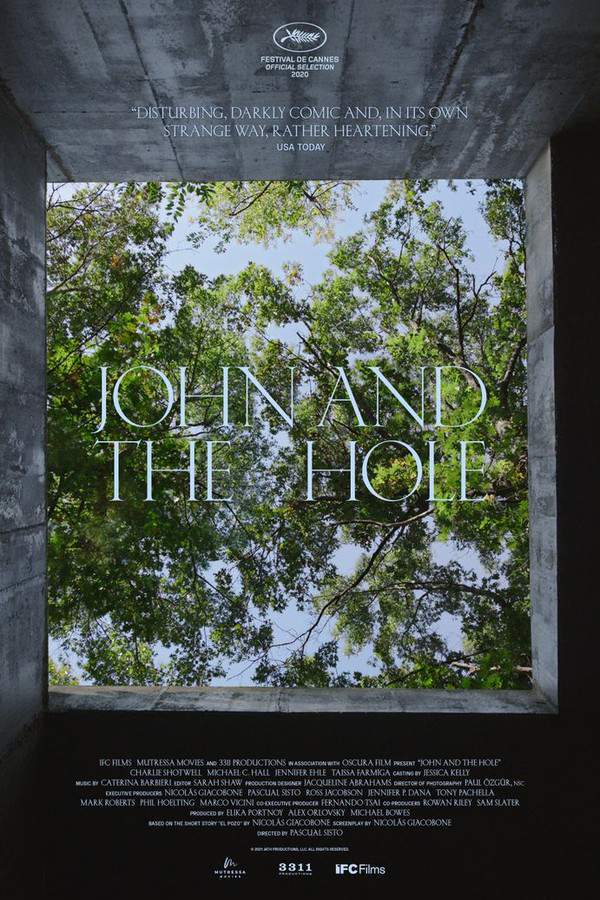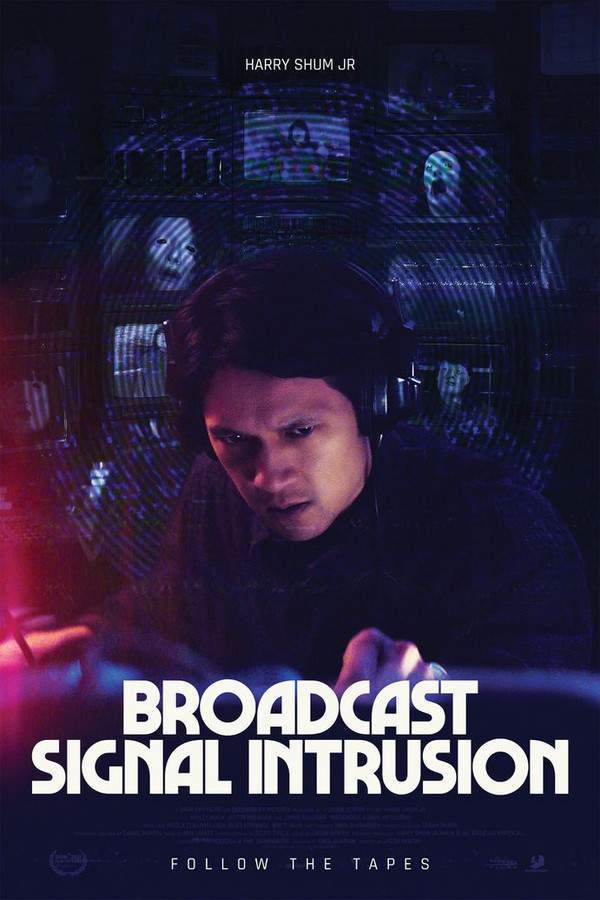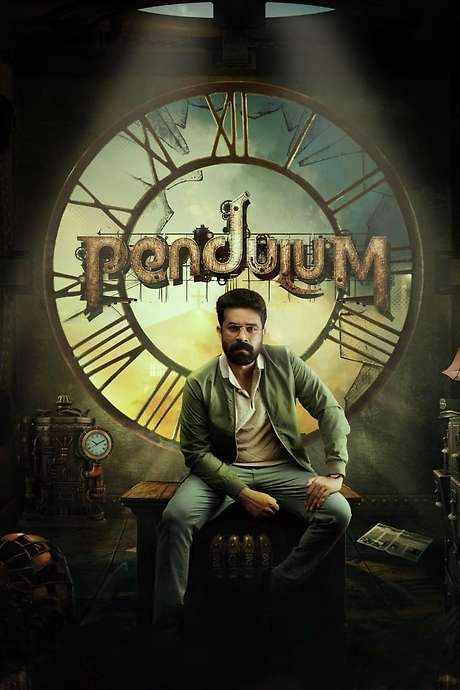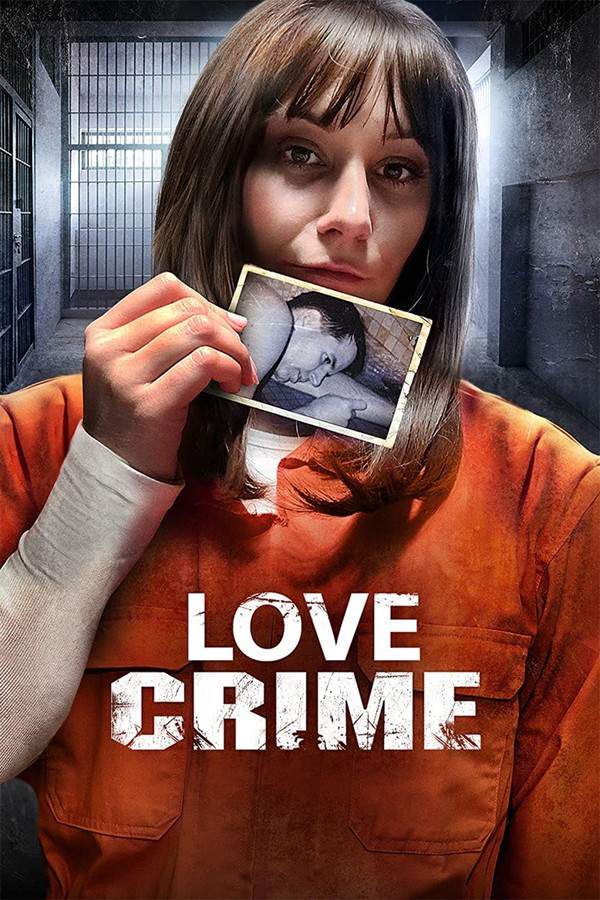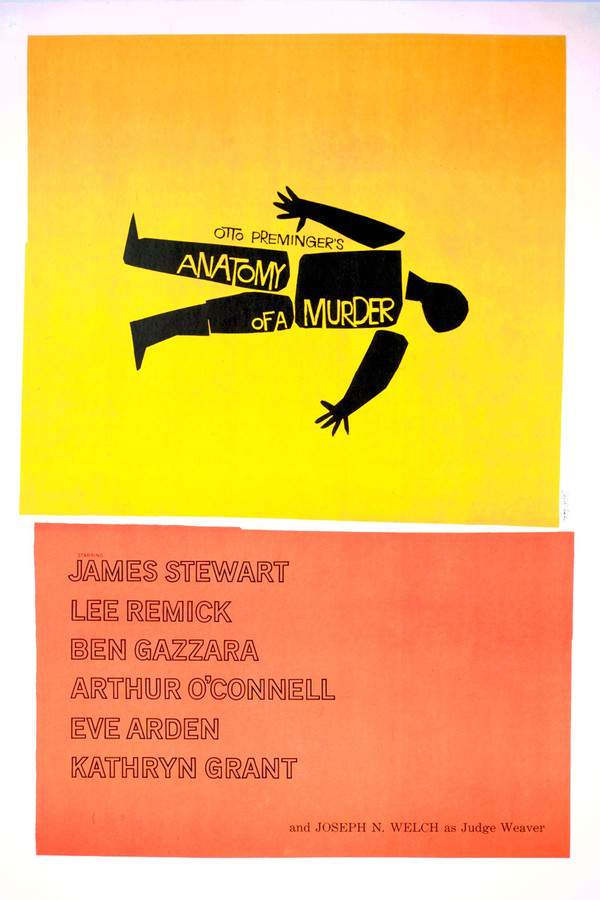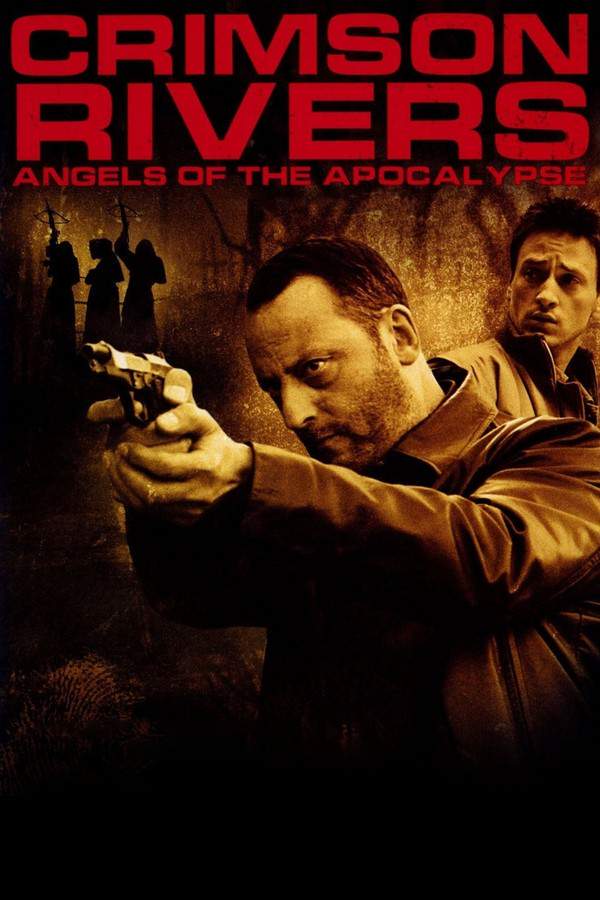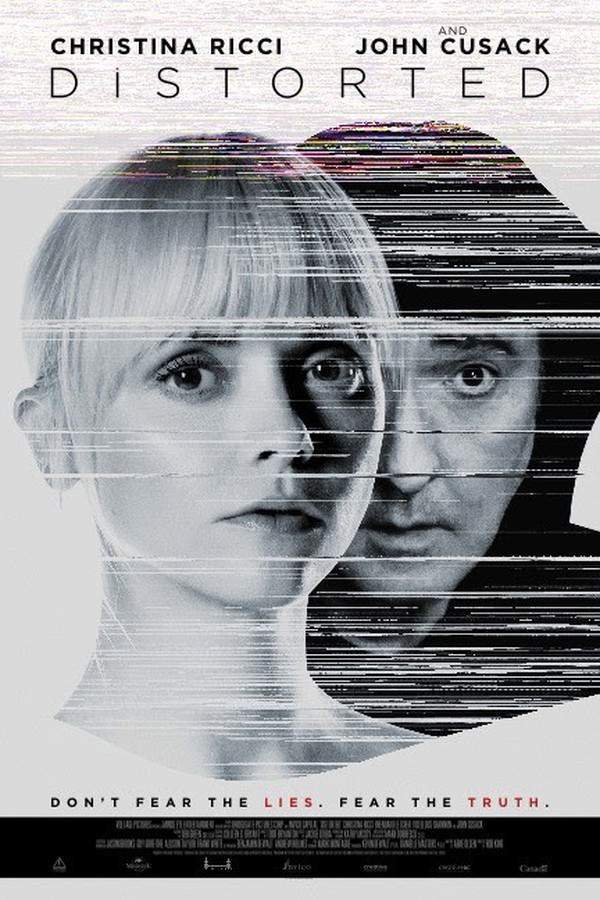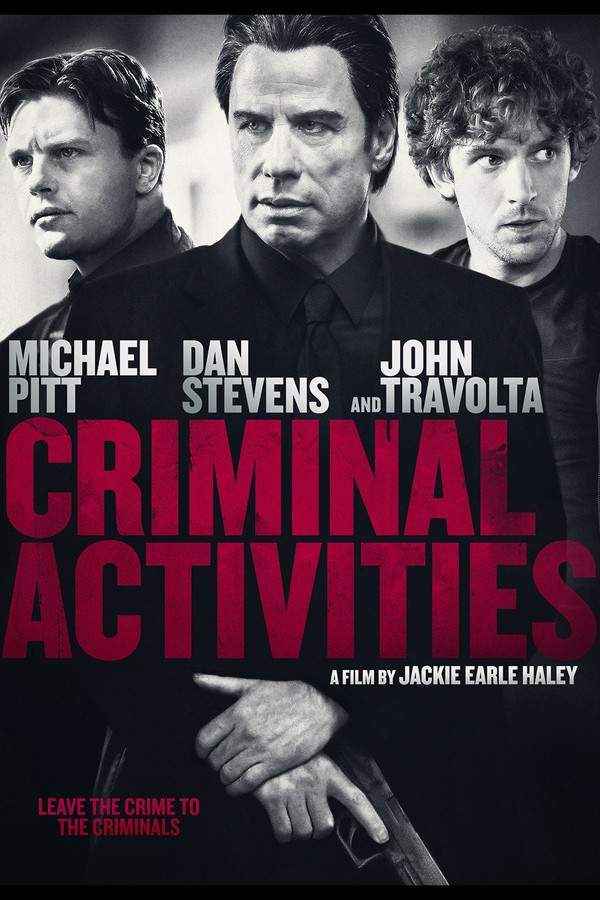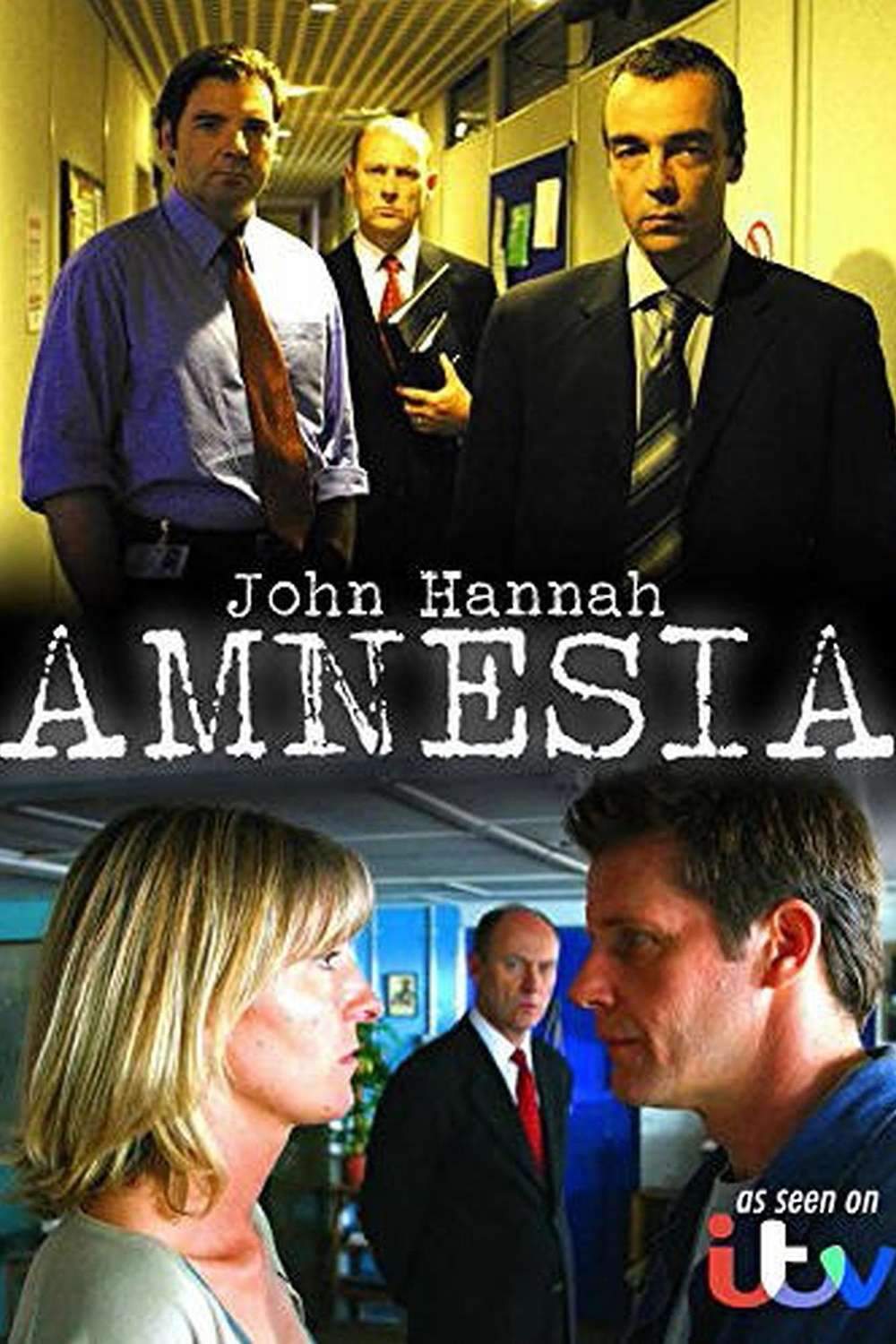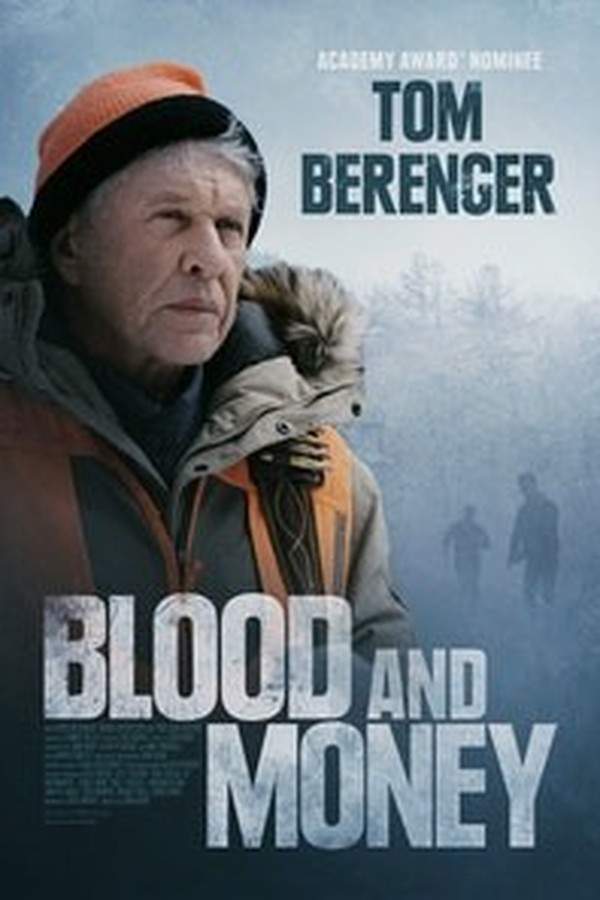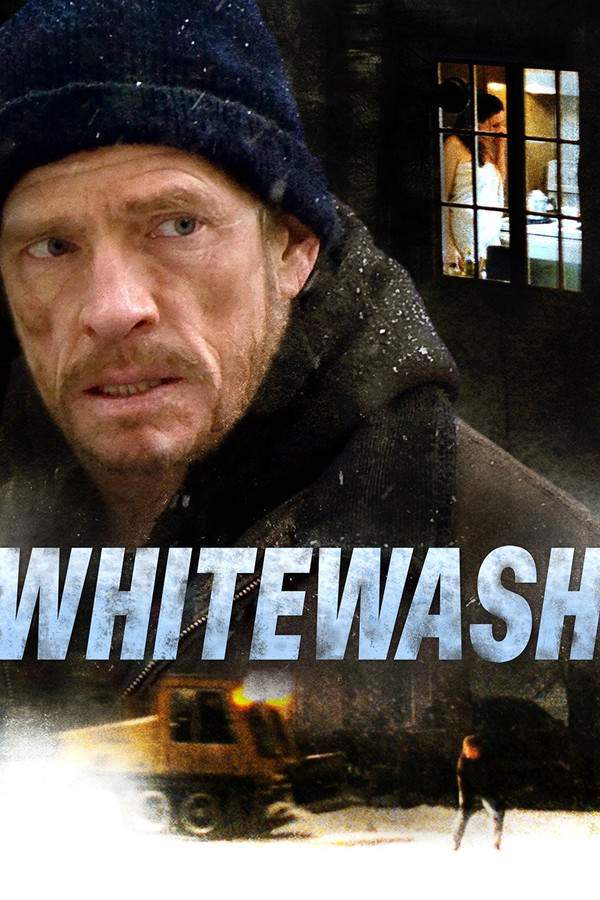
Whitewash
Year: 2014
Runtime: 90 min
Language: English
Director: Emanuel Hoss-Desmarais
While snowplowing in the remote, frozen wilderness of rural Quebec, Bruce makes a reckless mistake with tragic consequences. He flees into the darkness as authorities pursue him, haunted by his past and the secrets of the victim. As Bruce desperately tries to evade capture, the true nature of the deceased is revealed, forcing him to confront the devastating impact of his actions and the chilling truth about the community he thought he knew.
Warning: spoilers below!
Haven’t seen Whitewash yet? This summary contains major spoilers. Bookmark the page, watch the movie, and come back for the full breakdown. If you're ready, scroll on and relive the story!
Timeline & Setting – Whitewash (2014)
Explore the full timeline and setting of Whitewash (2014). Follow every major event in chronological order and see how the environment shapes the story, characters, and dramatic tension.
Last Updated: October 03, 2025 at 19:46
Main Characters – Whitewash (2014)
Meet the key characters of Whitewash (2014), with detailed profiles, motivations, and roles in the plot. Understand their emotional journeys and what they reveal about the film’s deeper themes.
Last Updated: October 03, 2025 at 19:46
Major Themes – Whitewash (2014)
Explore the central themes of Whitewash (2014), from psychological, social, and emotional dimensions to philosophical messages. Understand what the film is really saying beneath the surface.
Last Updated: October 03, 2025 at 19:46
Explore Movie Threads
Discover curated groups of movies connected by mood, themes, and story style. Browse collections built around emotion, atmosphere, and narrative focus to easily find films that match what you feel like watching right now.
Isolated winter thrillers with psychological dread like Whitewash
Stories where the unforgiving winter landscape mirrors a character's internal collapse.If you liked the chilling isolation and psychological unraveling in Whitewash, explore more movies where a remote, snowy setting amplifies the tension. These films often feature characters grappling with guilt or secrets, using the bleak winter landscape to create a powerful sense of claustrophobia and dread, similar to the vibe in Whitewash.
Narrative Summary
The narrative follows a character, often isolated by circumstance or choice, in a remote winter wilderness. Their internal crisis—be it guilt, grief, or a terrible secret—is magnified by the harsh, unforgiving environment. The story unfolds as a slow-burning survival tale, both external and internal, where the line between the threatening outside world and the protagonist's deteriorating mental state blurs.
Why These Movies?
Movies in this thread are united by their use of a harsh winter setting as a primary antagonist and a reflective surface for the protagonist's psyche. They share a slow, deliberate pacing that builds atmospheric dread, a high emotional weight centered on internal conflict, and a tone that is consistently tense, bleak, and claustrophobic.
Thrillers about accidental crimes and moral dilemmas like Whitewash
A single, reckless mistake sends an ordinary person down a rabbit hole of guilt and consequences.For viewers who enjoyed the moral complexity and heavy guilt in Whitewash, this section features movies about ordinary people caught in devastating situations after a fatal mistake. These psychological thrillers explore the weight of consequences and the desperate, often bleak, journeys of characters trying to cope with their actions, similar to the story in Whitewash.
Narrative Summary
The plot is triggered by a single, often accidental, event with tragic outcomes. The narrative then follows the perpetrator's psychological unraveling as they grapple with immediate guilt and the looming threat of exposure. The story is character-driven, focusing on their paranoia, desperate choices, and the slow revelation of deeper truths about themselves and the victim, leading to an ambiguous or bleak resolution that emphasizes the lasting burden of their actions.
Why These Movies?
These films are connected by their central theme of a life-altering mistake and its heavy moral and psychological repercussions. They share a high-intensity, tense tone driven by internal conflict rather than external action, a slow pacing that allows for deep character study, and a consistently heavy emotional weight dealing directly with guilt, grief, and trauma.
Unlock the Full Story of Whitewash
Don't stop at just watching — explore Whitewash in full detail. From the complete plot summary and scene-by-scene timeline to character breakdowns, thematic analysis, and a deep dive into the ending — every page helps you truly understand what Whitewash is all about. Plus, discover what's next after the movie.
Whitewash Summary
Read a complete plot summary of Whitewash, including all key story points, character arcs, and turning points. This in-depth recap is ideal for understanding the narrative structure or reviewing what happened in the movie.

Whitewash Timeline
Track the full timeline of Whitewash with every major event arranged chronologically. Perfect for decoding non-linear storytelling, flashbacks, or parallel narratives with a clear scene-by-scene breakdown.

Whitewash Spoiler-Free Summary
Get a quick, spoiler-free overview of Whitewash that covers the main plot points and key details without revealing any major twists or spoilers. Perfect for those who want to know what to expect before diving in.

More About Whitewash
Visit What's After the Movie to explore more about Whitewash: box office results, cast and crew info, production details, post-credit scenes, and external links — all in one place for movie fans and researchers.


